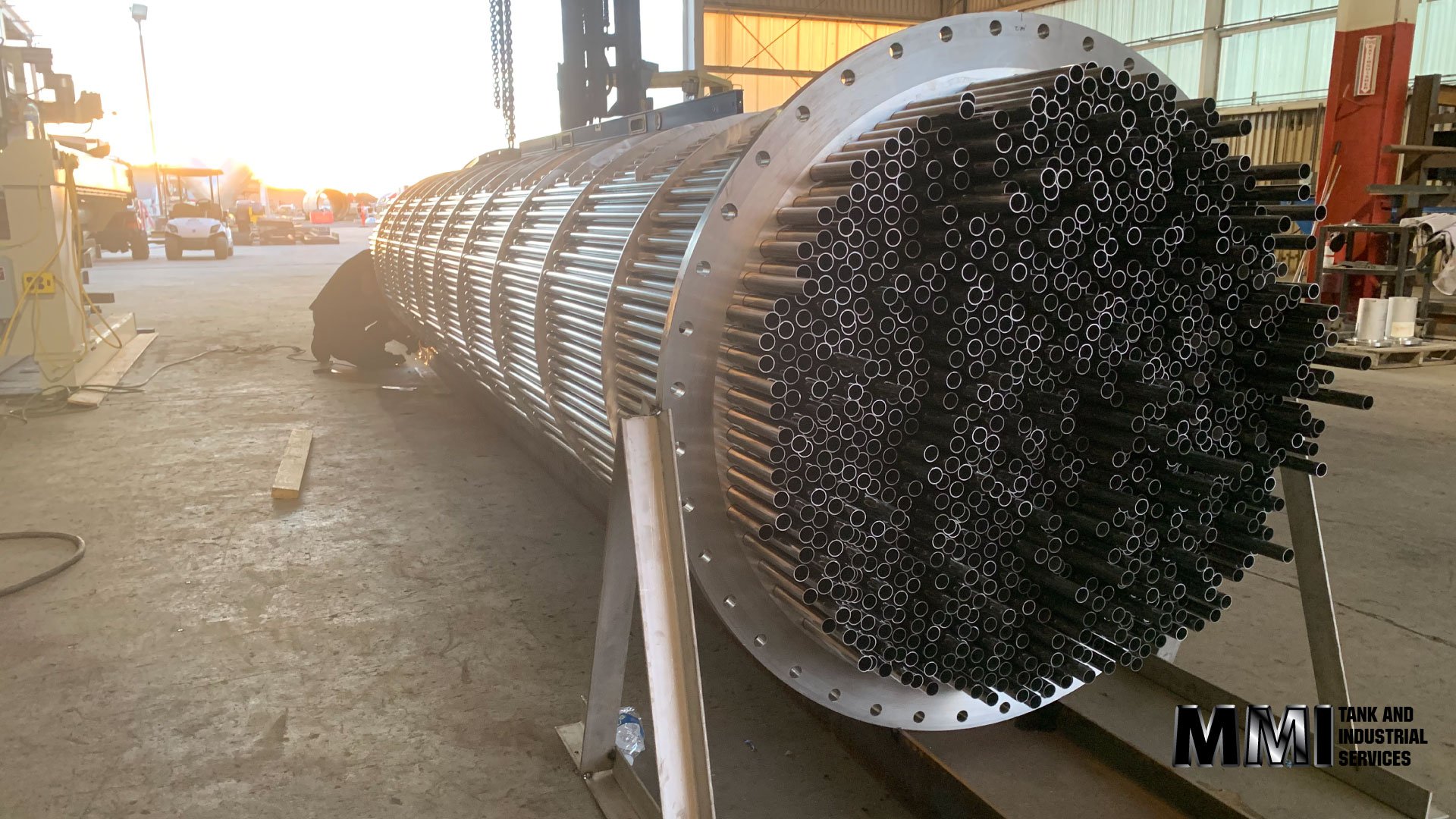

By the end of this course delegates will be able to:
• Gain understanding of the nomenclature andterminology used for shell and tube heatexchangers
• Determine how the tube side and shell side oftubular heat exchangers are constructed
• Determine how heat exchangers are structuredand assembled, manufactured, prepared forinstallation, and joined to tube sheets
• Learn how to write and interpret specifications
• Learn about some of the exchanger codes andstandards, inspections, testing procedures,repair and overhaul, and determination offailure causes.
• Mechanical Engineers, Superintendents, Supervisors, Foremen & Technicians
• Machinery Engineers, Superintendents, Supervisors, Foremen & Technicians
• Plant Engineers, Superintendents, Supervisors, Foremen & Technicians
• Maintenance Engineers, Superintendents, Supervisors, Foremen & Technicians
• Lectures
• Workshop & Work Presentation
• Case Studies and Practical Exercise
• Videos and General Discussions
Types and Applications of Heat Exchangers
• Overview and Basic Fundamentals
• Heat Transfer Fundamentals and HeatTransfer Coefficients
• Heat Exchanger Types and Application
• Geometry of Shell and Tube HeatExchangers (STHE)
• Double Pipes TEMA Nomenclature, FrontEnd Head Types, Shell Types
• Rear End Types, Double Pipe Units,Selection Guidelines
Thermal and Hydraulic Design of Heat Exchangers
• Sizing and specifying the Heat Exchanger
• Flow vs. Temperature Difference in STHE
• Temperature Difference in STHE
• Condensers and Reboilers
Mechanical Design of Heat Exchangers
• Basic Design of Heat Exchangers
• Special Design Considerations
• Piping Loads on Exchanger Nozzles
• Materials of Construction on Heat Exchangers
• Fabrication of Heat Exchangers
Operations and Overhaul Procedures
• Fouling in Heat Exchangers
• Corrosion and Erosion in Heat Exchangers
• Overhauling Heat Exchangers
• Heat Exchanger Inspection Methods
• Operation and Troubleshooting
• Performance Monitoring and Testing
• Cost-effective Maintenance and Repair of HeatExchangers
Performance Enhancement and Optimization of Heat Exchangers
• Heat Transfer Augmentation Techniques
• Different Testing Techniques
• Finned Tubes
• Heat Integration Basics
• Pinch Technology
• Heat Exchanger Train Optimization
• Tube Bundle Replacement – AlternativeEnhanced Tube Bundle Designs
CDGA attendance certificate will be issued to all attendees completing minimum of 75% of the total course duration.
| Code | Date | Venue | Fees | Register |
|---|---|---|---|---|
| ME177-02 | 19-04-2026 | Dubai | USD 5450 | |
| ME177-03 | 23-08-2026 | Johannesburg | USD 6950 | |
| ME177-04 | 22-11-2026 | Muscat | USD 5450 |
Providing services with a high quality that are satisfying the requirements
Appling the specifications and legalizations to ensure the quality of service.
Best utilization of resources for continually improving the business activities.
CDGA keen to selects highly technical instructors based on professional field experience
Since CDGA was established, it considered a training partner for world class oil & gas institution
3012, Block 3, 30 Euro Business Park, Little Island, Co. Cork, T45 V220, Ireland
Mon to Fri 09:00 AM to 06:00 PM
Contact Us anytime!
Request Info